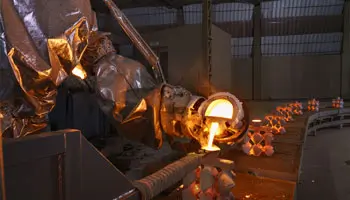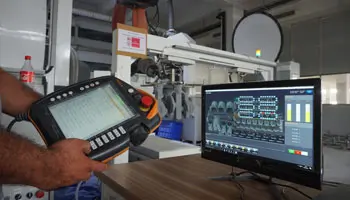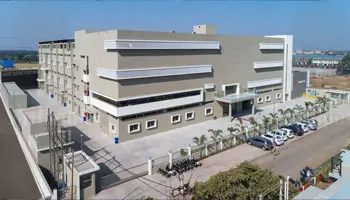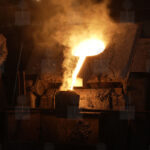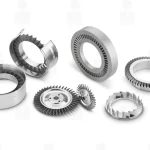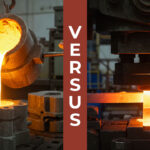Metallurgy Matters: A Comprehensive Guide to Materials in Metal Casting
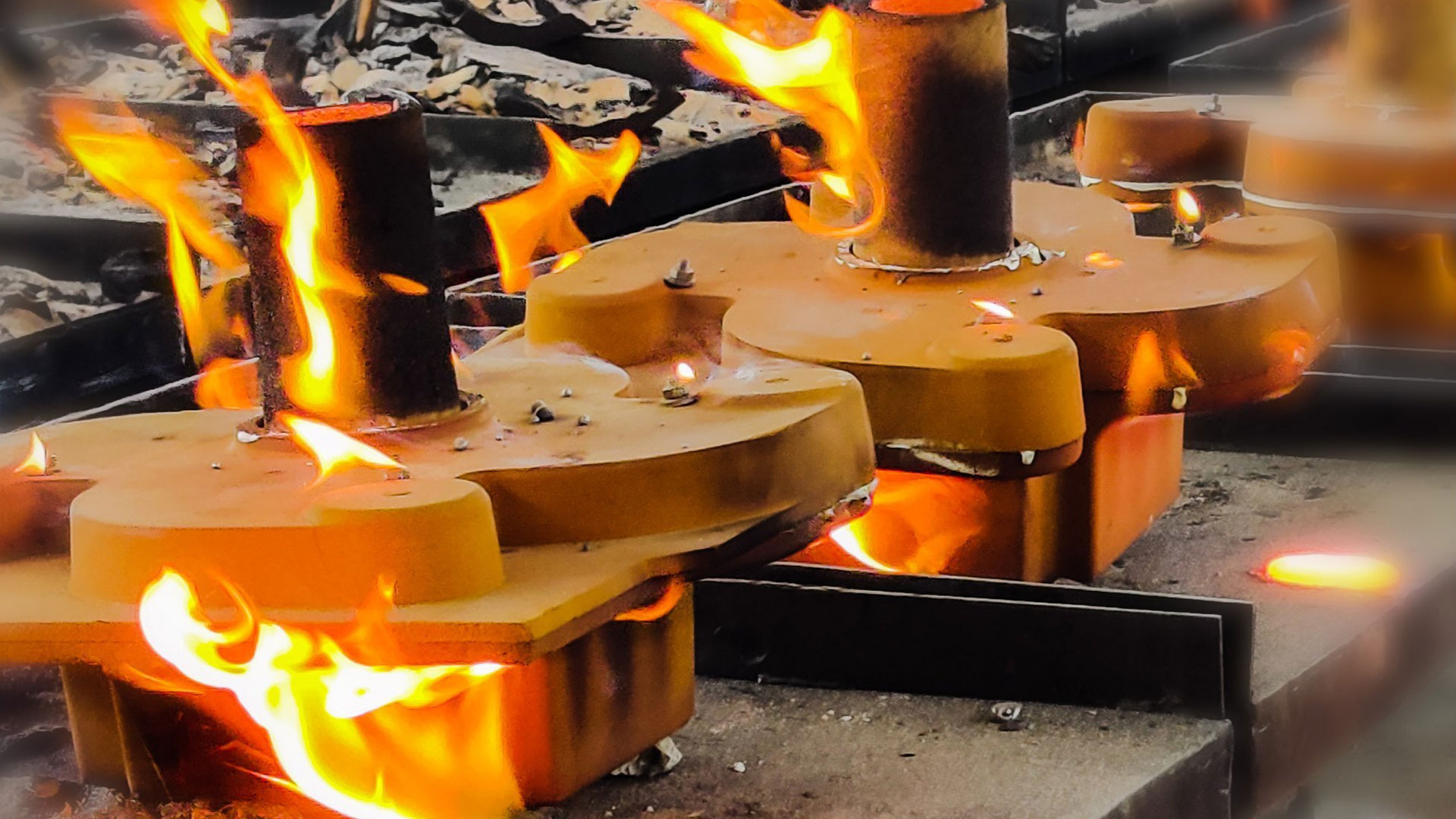
Metallurgy, the science and art of working with metals, lies at the heart of metal casting, a fundamental process in modern manufacturing. Metal casting involves shaping molten metal into desired forms by pouring it into moulds, and the selection of metals and alloys plays a critical role in this process. In this comprehensive guide, we will delve into the diverse world of metals and materials used in metal casting, exploring their characteristics, properties, and applications across various casting processes.
Types of Metal Casting
Metal casting encompasses a range of techniques, each suited to different applications and requirements. Investment casting, also known as lost wax casting, offers exceptional versatility and precision, making it ideal for complex and intricate parts. Sand casting, one of the oldest and most widely used casting methods, relies on sand moulds to create moulds for pouring molten metal. Die casting utilizes reusable moulds to produce high volumes of identical parts with excellent dimensional accuracy. Shell moulding, a variation of sand casting, uses pre-coated sand moulds to achieve finer surface finishes and tighter tolerances.
Characteristics and Properties of Metals
The choice of metal or alloy in metal casting depends on various factors, including mechanical properties, corrosion resistance, and thermal conductivity. Ferrous metals, which contain iron, include common materials such as steel and iron. These metals offer high strength and durability, making them suitable for structural components in automotive, machinery, and construction applications. Non-ferrous metals, on the other hand, do not contain iron and include metals such as aluminium, copper, and zinc. These metals are prized for their lightweight properties, corrosion resistance, and excellent thermal conductivity, making them ideal for aerospace, electronics, and consumer goods.
What are ferrous and non-ferrous metals?
Ferrous Metals
Ferrous metals, including steel and iron, are widely used in metal casting due to their strength, durability, and affordability. Steel, an alloy of iron and carbon, is prized for its versatility and is used in a variety of applications, including automotive parts, machinery components, and structural elements. Carbon steel, alloy steel, wrought iron, and cast iron are among the other ferrous metals commonly used in metal casting processes.
Non-Ferrous Metals
Non-ferrous metals offer unique properties that make them suitable for a wide range of applications. Aluminium alloys, prized for their lightweight properties and corrosion resistance, are commonly used in aerospace, automotive, and consumer goods industries. Copper, known for its excellent electrical conductivity and malleability, is used in electrical wiring, plumbing, and electronics. Zinc alloys, valued for their corrosion resistance and aesthetic appeal, are used in architectural hardware, automotive components, and consumer products. Other non-ferrous metals include stainless steel, brass, titanium, lead, tin, gold, palladium, and nickel.
Ferrous vs. Non-Ferrous Metals: Understanding the Difference
The main distinction between ferrous and non-ferrous metals lies in their composition. Ferrous metals contain iron, while non-ferrous metals do not. This fundamental difference results in contrasting properties and applications for each type of metal. Ferrous metals are known for their strength and durability, making them suitable for structural and heavy-duty applications, while non-ferrous metals offer lightweight properties, corrosion resistance, and excellent electrical conductivity, making them ideal for aerospace, electronics, and consumer goods. Additionally, ferrous metals tend to be susceptible to rust, possess magnetic qualities, and are generally heavier and more cost-effective than non-ferrous metals. However, non-ferrous metals are often more recyclable than their ferrous counterparts, contributing to sustainability efforts in manufacturing processes.
Uses or Applications of Ferrous Metals
Ferrous metals find widespread use in various industries due to their strength, durability, and affordability. Steel, one of the most commonly used ferrous metals, is used in construction, automotive manufacturing, machinery production, and infrastructure projects. Iron, in its various forms, is used in structural components, machinery parts, and tools. Ferrous metals are also used in manufacturing processes such as metal casting, forging, and welding, where their properties are highly valued.
Uses and Applications of Non-Ferrous Metals
Non-ferrous metals offer unique properties that make them suitable for a wide range of applications across industries. Aluminium alloys, prized for their lightweight properties and corrosion resistance, are used in aerospace components, automotive parts, and consumer goods. Copper, known for its excellent electrical conductivity and malleability, is used in electrical wiring, plumbing, and electronics. Zinc alloys, valued for their corrosion resistance and aesthetic appeal, are used in architectural hardware, automotive components, and consumer products.
How to Choose the Right Metal for Your Next Casting Project
When selecting a metal or alloy for your next casting project, it is essential to consider the specific requirements and constraints of the application. Factors such as mechanical properties, corrosion resistance, thermal conductivity, and cost should be carefully evaluated to ensure optimal performance and longevity. At Shilpan Steelcast, our team of experts can help you navigate the diverse world of metals and materials, offering tailored solutions to meet your casting needs. With our expertise and state-of-the-art facilities, we ensure that your project is executed with precision and excellence, delivering superior results across industries.
Experience Metal Casting Mastery with Shilpan Steelcast
Metallurgy plays a vital role in metal casting, shaping the quality, performance, and reliability of cast components. By understanding the characteristics, properties, and applications of different metals and alloys, manufacturers can make informed decisions to optimize their casting processes and achieve superior results. At Shilpan Steelcast, we are committed to pushing the boundaries of metal casting excellence, delivering innovative solutions that meet the evolving needs of our clients across industries.
Intrigued to learn more about our metal casting services? Explore our website to discover how Shilpan Steelcast can help you realize your casting needs with precision and excellence.
